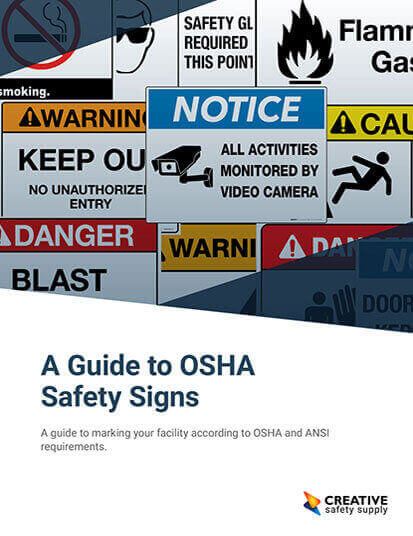
HVAC stands for heating, ventilation, and air conditioning. These are essential components in any sort of industry as they not only provide comfort to the employer, employees, and visitors, but they also mediate the indoor air quality (IAQ). Without proper attention, the IAQ conditions can become dangerous due to poor ventilation of things such as toxic chemicals. Even environment changes within the workplace can become problematic if overheating or improper cooling become an issue.
The most common problems that the HVAC industry runs into are directly related to IAQ. These issues can be anything regarding the lack of good ventilation from the nature of the work or lack of building infrastructure. Heating, cooling, and ventilation problems often lead to moisture damage due to leaks or contaminated air making the environment dangerous to work in.
To ensure the well-being of technicians in the HVAC industry, there are several subjects that OSHA oversees in regard to HVAC regulations. These include:
- Confined space entry: This is an important concern for HVAC technicians as they can encounter this type of workspace often in their career. OSHA’s regulations on confined spaces is defined in the 146 - Permit-required confined spaces document.
- Electrical standards: Noting electrical standards is a must when concerning HVAC professions since the technicians are always around power sources relating to the heating and cooling systems.
- Respiratory protection: Similarly mentioned earlier, toxic chemicals pose a dangerous risk to HVAC technicians. Employees must be protected from toxic chemicals entering their respiratory system during maintenance and repair work.
- Hazardous materials: Chemicals and gases like refrigerants in cooling mechanisms can pose a serious threat to technicians. It’s always good to keep up to date on risk assessments.
- Machinery hazards: These are often around where the technician is working. Machine hazards can involve anything from forklifts, cranes, to even paving machinery.


